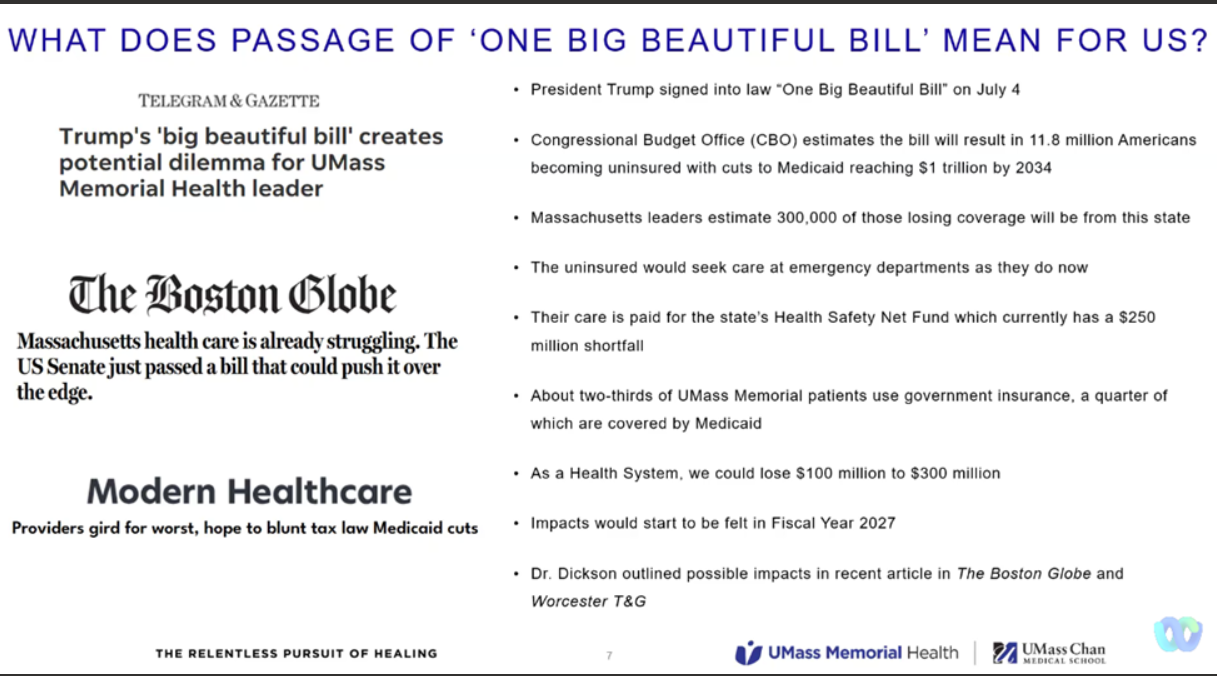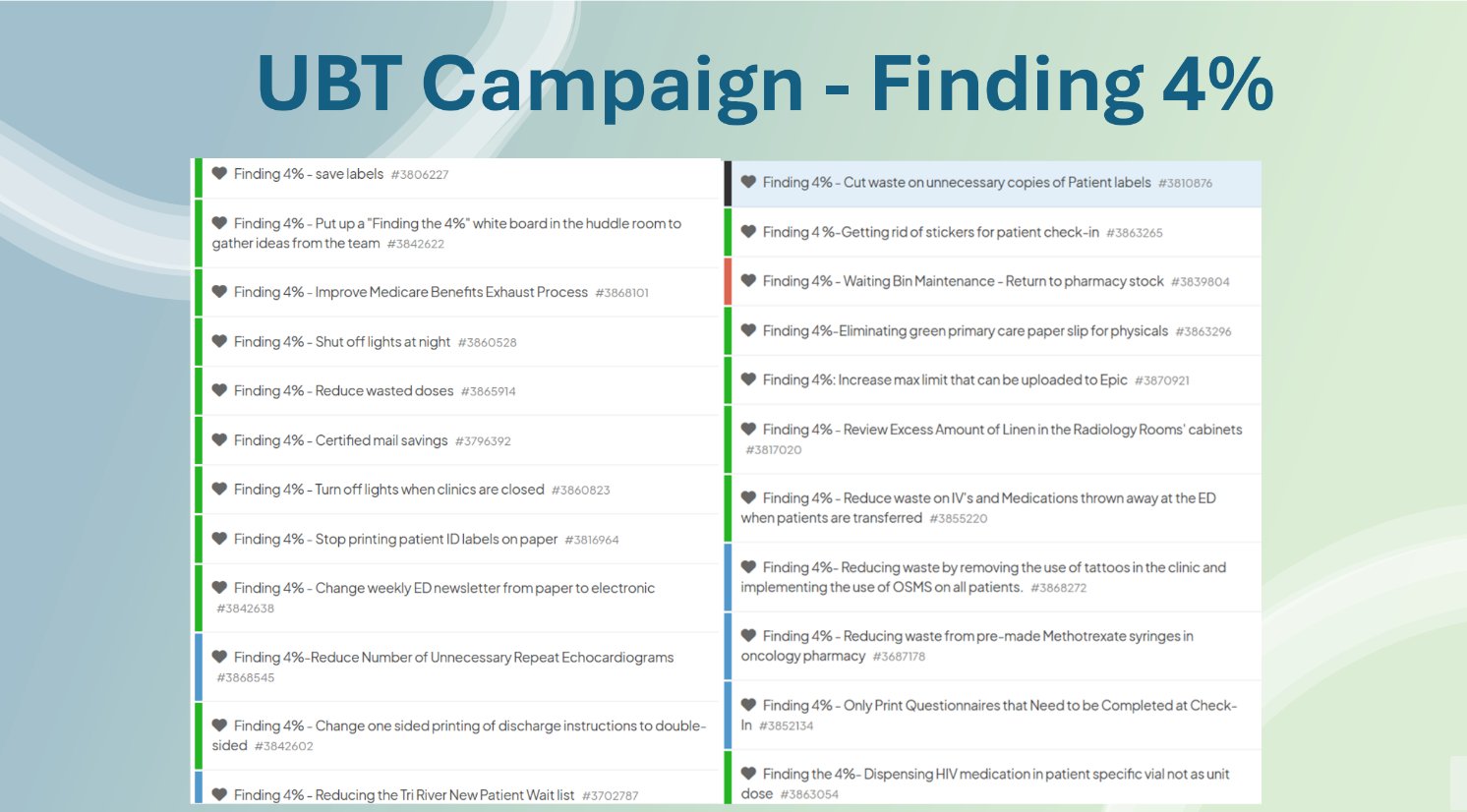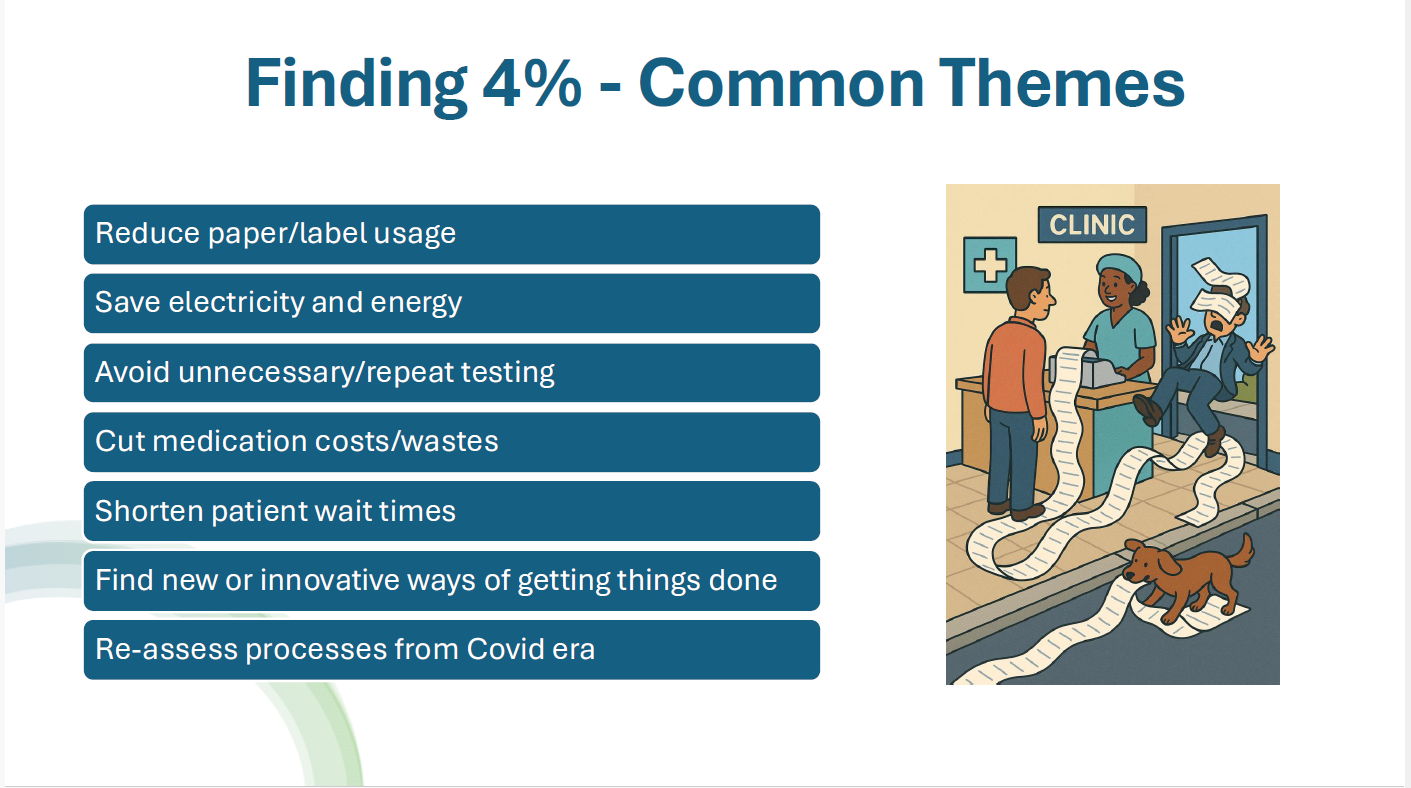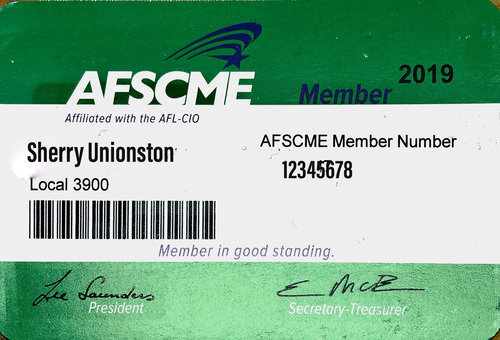SHARE organizers have recently heard concerns about upcoming changes to health insurance, especially regarding increases to health insurance costs, UMass Memorial’s negotiations with BCBSMA and audit of dependents, and the fact that insurers are significantly restricting coverage of GLP-1s.
Please note also that Open Enrollment takes place this year from October 20-November 7. As a cost-saving measure, the hospital will not mail open enrollment booklets to your home this year. Instead, you will get emails with a link, and a postcard at home with a QR code that take to you the information on-line. If you don’t want to change anything, or sign up for a flexible spending plan, then you don’t need to do anything for open enrollment this year.
Here are some answers to Frequently Asked Questions from SHARE members . . .
Q: Can I continue to receive my care at UMass Memorial next year if I have Blue Cross Blue Shield insurance?
A: YES! SHARE members and their families who get their insurance through UMass Memorial will still have the same access to health care at UMass Memorial locations.
A recent memo to UMass Memorial caregivers, dated October 9, clarifies: “UMass Memorial employees and dependents with coverage through the UMass Memorial Health BCBSMA plan will still have access to all UMass Memorial facilities and physicians at their in-network benefit level.” That is regardless of the outcome of current negotiations with the between UMass Memorial and Blue Cross.
Q: What’s happening in negotiations with Blue Cross?
A: UMass Memorial and Blue Cross are negotiating about reimbursement rates for next year. SHARE hopes that they will be able to agree, but doesn’t have additional information.
The hospital also describes in the memo to caregivers, “We want to make you aware that our agreement with Blue Cross Blue Shield of Massachusetts (BCBSMA) for their commercial products expires on December 31, 2025. Although we continue to negotiate in good faith for a successor contract, there is the potential that UMass Memorial providers and hospitals will be out-of-network for 2026.” (Again, this does not apply to employees and their families who get their health insurance through UMass Memorial.)
SHARE is optimistic that these institutions can resolve their differences and come to an agreement that’s good for our patients: failure to renew the contract would have substantial impacts for our healthcare system. Regardless the outcome, however, it’s again important to note that that coverage won’t change for UMass Memorial employees as a result.
Q: Are health insurance premiums going up more than usual this year?
A: Yes, health insurance rates are increasing more than in recent years.
A recent memo sent to hospital employees from UMass Memorial names that, effective January 1, 2026, “Caregivers will see an increase in premiums related to medical and dental plans.” Although it is standard each year that the insurers increase the rates, we do anticipate that the rates will go up more this year than has been typical. What does NOT change in January are plan details such as co-pay amounts, and importantly, our Contract Agreement regarding the “premium split” for SHARE members. In other words, UMass Memorial pays 85% of the cost of the premiums, including any 85% of the upcoming increases. While we all hate to see the costs going up, the upshot is that you’ll be responsible to pay for only 15% of that increase.
The chart below shows the increases for SHARE members.
Q: Is my husband getting kicked off of my health insurance plan?
A: No
Some SHARE members have raised concerns about the recent announcement that UMass Memorial will undertake a “verification of dependents” in order to remove ineligible participants. Please note that the eligibility requirements themselves are not changing: current spouses, dependent children under the age of 26, etc. will continue to remain covered.
Q: Where can I buy union-made Halloween candy?
A: Check Out this List from the AFL-CIO
Okay, maybe that’s not exactly a frequently-asked question, but it’s a good idea to support union businesses and help make sure that American workers have a say in their workplace.
Q: Is my health insurance going to stop covering my GLP-1 prescription?
A: Maybe.
Insurers, including Blue Cross Blue Shield of Massachusetts, are cutting back their coverage of GLP-1 drugs like Ozempic and Wegovy for weight loss, and UMass Memorial says it’s doing the same. However, some medical conditions, such as diabetes, will still typically qualify for the coverage. This article from WBUR explains why the insurers say they are doing this. SHARE has asked HR a bunch of questions to understand this more because we know it matters a lot to many SHARE members. We will continue to share with you what we learn.
Q: What else do I need to know about Open Enrollment this year?
A: Open Enrollment takes place from October 20-November 7
The hospital will not mail open enrollment booklets to your home this year, as a cost-saving measure. Instead you will get emails with a link, and a postcard at home with a QR code that take to you the information on-line. If you don’t want to change anything, or sign up for a flexible spending plan, then you don’t need to do anything for open enrollment this year. Find more details in the memo from UMass Memorial, copied below.
Open Enrollment Details from UMass Memorial
If you missed the email from Adriana Florez, UMass Memorial VP for Human Resources, describing this year’s Open Enrollment process, it’s copied below. You can also check your inbox for this message with the subject heading “Open Enrollment Is Coming!” dated October 29.
To: UMass Memorial Health Benefits Eligible Non-Union Caregivers
From: Adriana Florez, Vice President, Human Resources Business Partnering and Service Delivery, UMass Memorial Health
Diane Sarkisian, Senior Director, Benefits, UMass Memorial Health
Date: October 9, 2025
Subject: Open Enrollment Is Coming!
Open enrollment is coming for benefits-eligible employees at all UMass Memorial Health entities.
This year’s open enrollment period will run from Monday, October 20 through Friday, November 7 and will be completed in Workday. Postcards with information on how to access the 2026 Benefits Guide are being mailed to homes.
What’s in store for 2026:
Open enrollment will be “passive” this year. This means that UMass Memorial benefits-eligible employees do not have to re-enroll in benefits for 2026 (with the exception of Flexible Spending Accounts (FSA)). Your current, 2025 benefit selections will carry over into 2026. However, if you wish to make changes to your current benefit selections, you will need to make those changes in Workday between Monday, October 20 and Friday, November 7.
Flexible Spending Accounts (FSA) require re-enrollment every year.
If you are making changes for 2026, those must be completed in Workday during the open enrollment period. View this job aid or visit the Open Enrollment Hub page for more information and instructions.
Additional changes:
As part of the organization’s ongoing financial sustainability efforts, some additional changes will be in effect for benefits and wellness offerings in fiscal year 2026. Visit the Financial Sustainability Hub page to learn more about these and other changes.
Questions about this year’s open enrollment?
Should you have questions, please call the HR Solution Center Monday to Friday 8 am to 5 pm at 508-334-8800 and select option 2.






